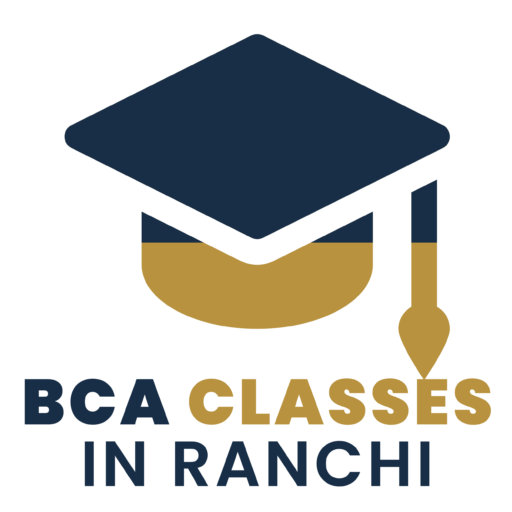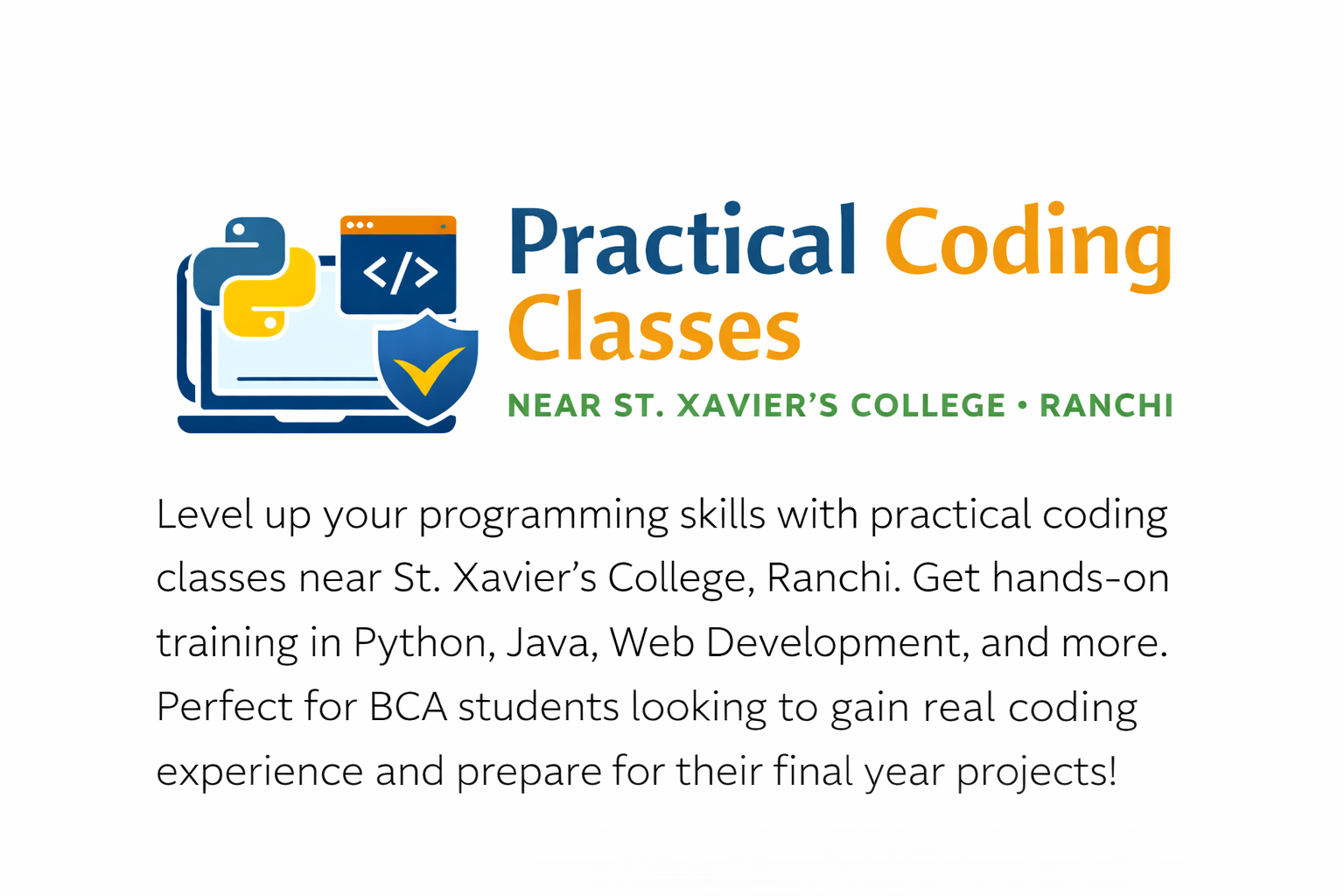Understanding Soft Skills: Definition and Relevance
Soft skills refer to a set of interpersonal attributes that enable individuals to effectively interact with others, fostering a collaborative and productive work environment. Unlike hard skills, which are technical abilities that can be quantified and measured, soft skills encompass qualities such as communication, teamwork, problem-solving, adaptability, and emotional intelligence. Recent graduates entering the job market must recognize the significance of these competencies, as they play a crucial role in professional success and career advancement.
The relevance of soft skills cannot be overstated, particularly in today’s dynamic workplace. Employers increasingly prioritize candidates who possess strong interpersonal abilities. While technical qualifications are undeniably important, they are typically not sufficient on their own.
Employers seek individuals who can not only perform tasks with precision but also engage effectively with colleagues, understand client needs, and contribute positively to team dynamics. In this regard, soft skills emerge as essential differentiators in a competitive job landscape.
Furthermore, soft skills significantly influence overall workplace culture. Organizations that foster effective communication and collaboration often experience enhanced employee satisfaction and productivity. Teams that incorporate individuals with strong interpersonal skills can navigate challenges more efficiently and innovate effectively.
For instance, problem-solving abilities are critical when working on complex projects, as team members must communicate ideas clearly and constructively to reach optimal solutions. Ultimately, the integration of soft skills within a graduate’s professional toolkit is not just an asset but a necessity for thriving in their chosen field.
As graduates strive to establish themselves in their careers, developing soft skills alongside their technical expertise will equip them to meet both immediate workplace demands and long-term professional goals. The cultivation of these essential abilities ensures that they become well-rounded individuals capable of contributing to their organizations and adapting to the ever-evolving landscape of work.

Key Soft Skills Every Graduate Should Develop
In today’s competitive job market, possessing a strong foundation of soft skills is equally as crucial as technical knowledge.
Effective Communication: This skill encompasses both verbal and written communication. Graduates must be able to convey their ideas clearly and persuasively. For instance, presenting findings in a group project not only highlights a graduate’s ability to articulate complex information but also showcases their confidence and clarity. Graduates can enhance their communication skills through practice, such as participating in debates, internships, or public speaking clubs.
Adaptability: In an ever-evolving job environment, being adaptable is paramount. Graduates should be prepared to embrace changes and learn new processes rapidly. An example of this can be seen in team settings where unexpected challenges arise, and adaptability allows a graduate to adjust their approach effectively. Engaging in diverse group projects can cultivate this skill, as it encourages quick thinking and flexibility within dynamic circumstances.
Emotional Intelligence: Understanding and managing one’s emotions while empathizing with others is essential in the workplace. Emotional intelligence enables graduates to resolve conflicts and foster teamwork. For instance, during a team conflict, a graduate with high emotional intelligence might navigate the situation by recognizing each member’s feelings and proposing a mediation approach. Graduates can work on this skill through active listening exercises and mindfulness practices.
Conflict Resolution: Graduates should develop the ability to address and resolve disputes efficiently. Successfully managing conflicts not only promotes a healthy work environment but also contributes to personal growth. Engaging in role-playing scenarios during studies can enhance this skill, allowing graduates to practice finding common ground and reaching amicable solutions.
By focusing on these essential soft skills during their studies and internships, graduates will increase their employability and be better equipped to succeed in their careers.
The Impact of Soft Skills on Career Advancement
In today’s competitive job market, possessing a robust set of soft skills has become increasingly essential for graduates aiming to secure long-term career advancement. Soft skills refer to the interpersonal and communication abilities that enhance one’s capability to work effectively with others.
These skills can significantly influence job performance, as they facilitate collaboration and foster positive relationships among colleagues. A strong foundation in soft skills empowers employees to navigate complex social dynamics within the workplace, leading to improved team dynamics and overall productivity.
For instance, consider the case of a graduate who excels in their technical abilities but lacks effective communication skills. Such an individual may struggle to convey ideas or collaborate with team members, thus hindering both personal and group performance. On the other hand, graduates who have honed their soft skills are often viewed as valuable team players
. They are better equipped to contribute to project discussions, resolve conflicts amicably, and inspire others. Anecdotal evidence from various industries indicates that employees with strong interpersonal skills frequently climb the corporate ladder more quickly than their counterparts who may excel in technical fields but lack these essential skills.
Furthermore, soft skills often play a pivotal role in securing leadership roles. Employers tend to seek individuals who can not only execute tasks effectively but also motivate and guide their peers. Individuals who demonstrate strong soft skills are typically seen as capable of fostering a positive work environment, building networks, and nurturing relationships that can lead to new opportunities.
This aspect is particularly crucial in industries where networking is a significant driver of career advancement. As a result, graduates are encouraged to invest time and effort into cultivating soft skills that will not only enhance their current job performance but also pave the way for future career opportunities.
Strategies for Graduates to Enhance Their Soft Skills
As graduates embark on their professional journeys, it is essential for them to focus on enhancing their soft skills, which significantly impact their career progression and workplace effectiveness. One of the most effective strategies is to participate in workshops specifically designed to develop interpersonal and communication abilities. Many universities and local organizations offer such workshops that cover vital topics like teamwork, conflict resolution, and effective communication.
Online courses also provide valuable resources for graduates eager to improve their soft skills. Various platforms such as Coursera, LinkedIn Learning, and Udemy have courses tailored to soft skills development, allowing graduates to learn at their own pace. These courses often include interactive components that enable participants to engage in practical exercises, enhancing retention of the material learned.
Mentorship programs are another invaluable resource. Establishing a mentor-mentee relationship with an experienced professional can provide insights into industry expectations and the nuances of effective communication in various settings. Mentors can offer feedback on interactions and behaviors, significantly aiding in the refinement of soft skills.
Networking opportunities also play a critical role in the development of soft skills. Attending industry events, joining professional associations, or participating in alumni networks can facilitate meaningful connections. Engaging in conversations with professionals in one’s field allows graduates to practice their social skills and gain confidence in interpersonal communication.
Extracurricular activities deserve attention as well. Graduates participating in volunteer work or student organizations are frequently placed in situations that demand leadership, teamwork, and problem-solving abilities. These real-world experiences become a fertile ground for cultivating essential soft skills that employers value.
Ultimately, it is important for graduates to recognize that developing soft skills is an ongoing process. Commitment to continual practice and refinement fosters personal and professional growth, ensuring that they remain competitive in an ever-evolving job market.
Read Our Latest Blog
Affordable Resources for College Students on a Budget
For More Information and Updates, Connect With Us
Name Abhishek
Phone Number: +91-7488456170
Email ID: abhishek@eepl.me
Our Platforms:
Digilearn Cloud
EEPL Test
Live Emancipation
Follow Us on Social Media:
Instagram – EEPL Classroom
Facebook – EEPL Classroom
Stay connected and keep learning with EEPL Classroom!








